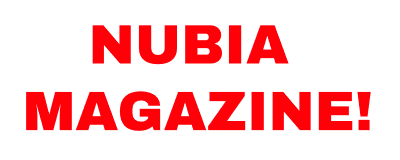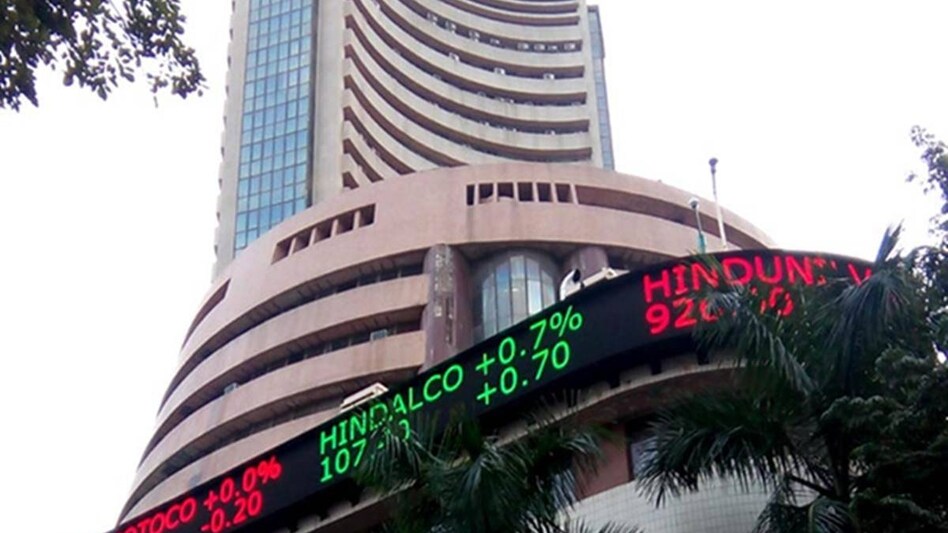
Africa’s stock markets have become active places to invest, showing how the continent’s economy is getting stronger. These markets are very important for channeling capital for development, helping small and medium-sized businesses (SMEs), and promoting financial inclusion. They have 29 operational stock exchanges and a combined market capitalization that is expected to reach about US$1.6 trillion by the end of 2025. African stock exchanges are getting more attention around the world because of economic reforms, rising commodity prices, and more investor confidence. This article goes into great detail about the top 10 biggest stock markets in Africa for 2025, in order of market size.
List Of Top 10 Largest Stock Markets In Africa 2025
1. Johannesburg Stock
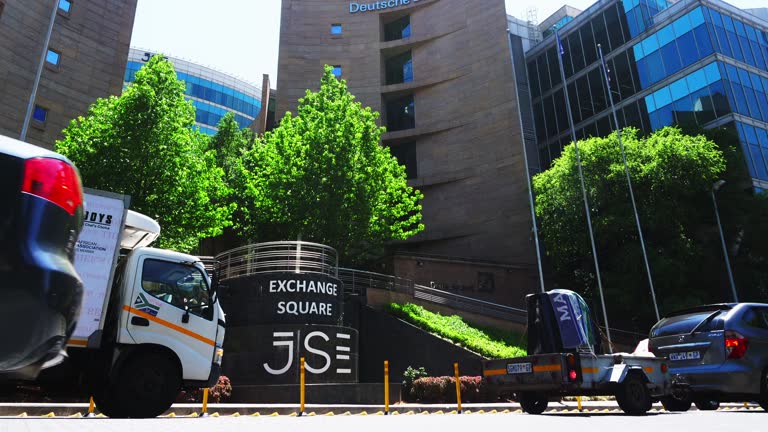
The Johannesburg Stock Exchange (JSE), founded in 1887, is Africa’s largest and most developed stock market, contributing significantly to market capitalization. With a 2024 GDP of US$399 billion, South Africa is Africa’s most industrialized economy. Due to its strong Financial Sector Conduct Authority (FSCA) oversight, the JSE offers equities, bonds, and exchange-traded funds. Top listed companies include Naspers, FirstRand, and Standard Bank Group. Due to the strong South African Rand and strong mining and financial services performance, the JSE All Share Index outperformed many global indices in 2024. JSE’s advanced trading infrastructure and global integration make it Africa’s financial powerhouse.
2. Nigerian Exchange
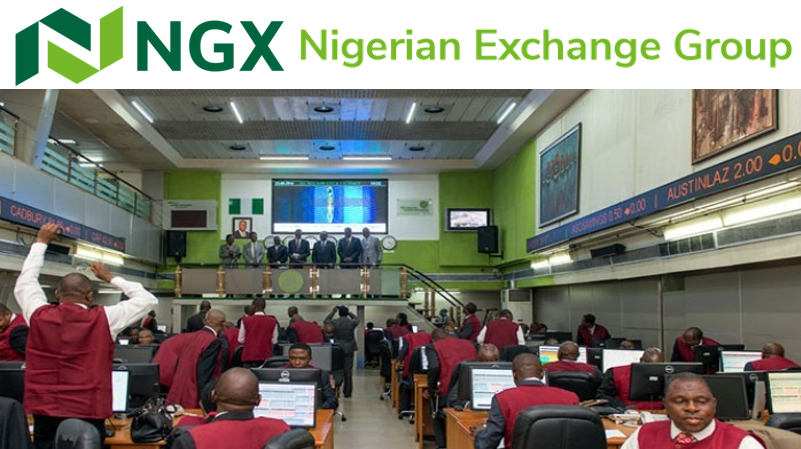
The Nigerian Exchange (NGX), founded in 1960, is the second-largest stock market in Africa and the largest in West Africa. Nigeria, Africa’s largest economy with a GDP of around US$477 billion, has seen its stock market thrive due to economic reforms, including currency liberalization and fuel subsidy removals under President Bola Tinubu’s administration. The NGX All-Share Index gained 37.7% in 2024, with standout performances from companies like Oando Plc and Seplat Energy Plc, bolstered by acquisitions in the energy sector. Despite challenges like inflation and rising living costs, the NGX remains attractive to both local and international investors, supported by a growing technology sector and increasing foreign direct investment.
3. Casablanca Stock Exchange
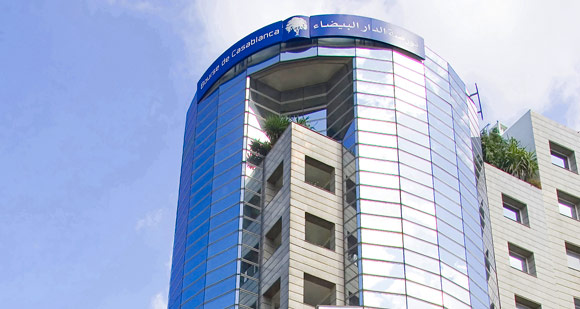
The Casablanca Stock Exchange (BVC) is Africa’s third-largest stock exchange and the largest in North Africa. It opened in 1929. Morocco’s economy, which has a GDP of about US$140 billion, is helped by political stability and strategic changes that are meant to improve its financial sector. The BVC’s MASI index has been steadily rising, with a 2024 performance of about 15%, thanks to companies like Attijariwafa Bank and Maroc Telecom. Investors can now access the exchange more easily thanks to its modernization efforts, such as electronic trading platforms. Morocco’s strategic location and trade deals with Europe and the Middle East make the BVC even more attractive as a place to invest in the region.
4. Botswana Stock Exchange

The Botswana Stock Exchange (BSE), which opened in 1994, is the fourth largest stock market in Africa. Botswana’s economy is based on diamonds and has a GDP of about US$18 billion. This makes for a stable financial environment supported by smart fiscal policies. By May 2024, the BSE’s market capitalization had grown to US$52.5 billion. Some of the most important listings were Anglo American Plc and First National Bank Botswana. The exchange’s performance in 2024 was 44.1% better than the year before, thanks to rising diamond prices and foreign investment in mining. The BSE is an important player in Southern Africa because it focuses on being open and having policies that are good for investors.
5. Egyptian Exchange
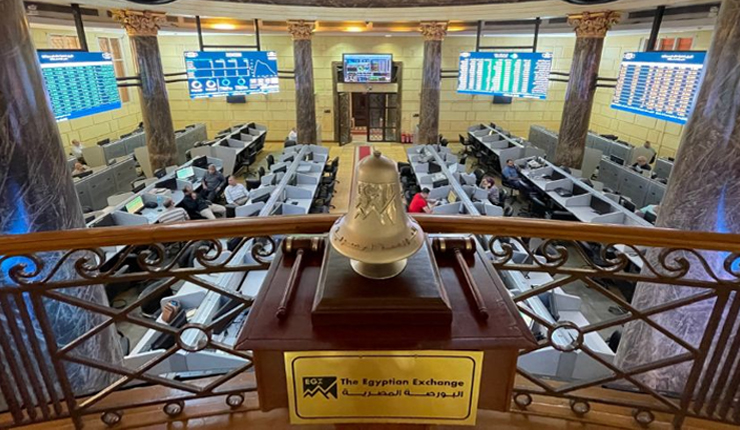
The Egyptian Exchange (EGX) is one of Africa’s fastest-growing markets. It was created by combining the Cairo (1903) and Alexandria (1883) stock exchanges. So far this year, it has returned 69.22%. Infrastructure projects and economic reforms help Egypt’s economy, which has a GDP of about US$387 billion. Companies like Commercial International Bank and Abu Qir Fertilizers helped the EGX30 Index go up by 19.5% in 2024. Tax breaks on capital gains and dividends make the EGX more appealing, making it a top choice for investors who want to invest in North Africa’s diverse economy.
6. Ghana Stock Exchange
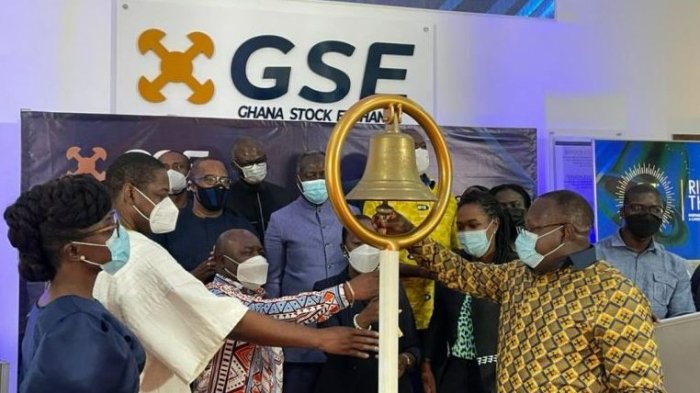
The Ghana Stock Exchange (GSE), which was founded in 1989, has become one of the best stock markets in Africa. In 2024, its Composite Index rose by 56.2%, making it the best-performing stock market in Africa that year. The economy of Ghana, which has a GDP of about $77 billion, has bounced back thanks to a $3 billion IMF loan and efforts to tighten the budget. MTN Ghana and AngloGold Ashanti are two of the most important companies. Analysts say that the GSE will go up by 45% in 2025 because President John Mahama’s administration has made the economy more stable and investors are becoming more confident. The GSE’s focus on digital trading platforms makes it more appealing to regular investors.
7. Lusaka Securities Exchange
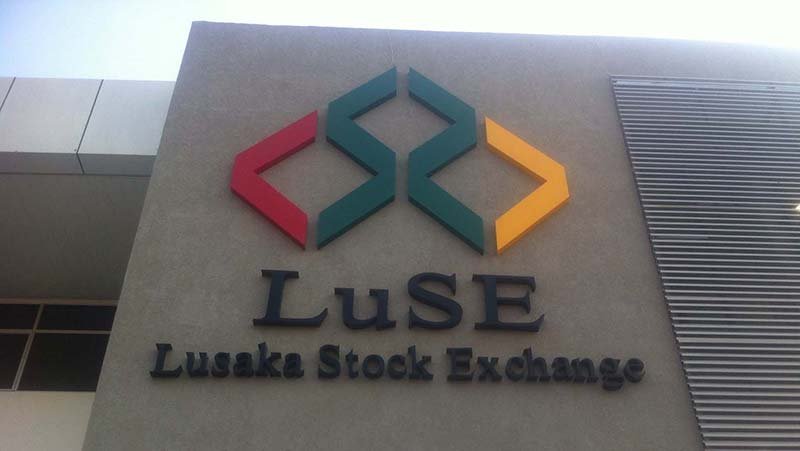
Zambia’s economy is getting better, with a GDP of about US$29 billion, which is good for the Lusaka Securities Exchange (LuSE), which started in 1994. The All Share Index on the exchange went up by 44.1% in 2024 because copper prices went up and debt restructuring efforts were made. Some of the most important listings are Zambia Consolidated Copper Mines and Standard Chartered Zambia. Zambia’s focus on building infrastructure and reforming the mining industry has drawn foreign investment, making the LuSE a growing market in Southern Africa. The exchange is small, but it has a lot of potential, and more and more regional investors are showing interest.
8. Nairobi Securities Exchange

Founded in 1954, the Nairobi Securities Exchange (NSE) is East Africa’s largest stock market. Kenya’s diversified economy, with a GDP of around US$110 billion, benefits from political stability and economic reforms. The NSE recorded a 34.1% gain in local currency and 65.3% in USD terms in 2024, driven by companies like Safaricom and Equity Group Holdings. The NSE’s innovative products, such as mobile-based bonds, have increased retail investor participation. As Kenya continues to urbanize and digitize, the NSE is poised for further growth in 2025.
9. Bourse Régionale des Valeurs Mobilières
The BRVM, which is based in Abidjan, Côte d’Ivoire, uses the CFA franc to serve eight West African countries: Benin, Burkina Faso, Guinea-Bissau, Côte d’Ivoire, Mali, Niger, Senegal, and Togo. The BRVM’s Composite Share Index went up by 29.7% in 2024, thanks to Côte d’Ivoire’s growing economy (GDP ~US$75 billion). The market capitalization of the BRVM is US$12 billion. SONATEL and Orange Côte d’Ivoire are two important listings. The BRVM is a one-of-a-kind place for cross-border investment in Francophone West Africa because it has a modernized digital infrastructure and is integrated with other regions.
10. Zimbabwe Stock Exchange

The Zimbabwe Stock Exchange (ZSE) had a 112% gain in local currency terms in 2024, making it one of Africa’s best-performing stock exchanges, even though the economy was facing problems like triple-digit inflation and currency devaluation. The economy of Zimbabwe is unstable, but the ZSE protects investors from inflation with important companies like Econet Wireless and Delta Corporation. The government’s efforts to stabilize the economy through monetary controls and investments from people living abroad are likely to lead to modest growth in 2025, but there are still concerns about volatility.


